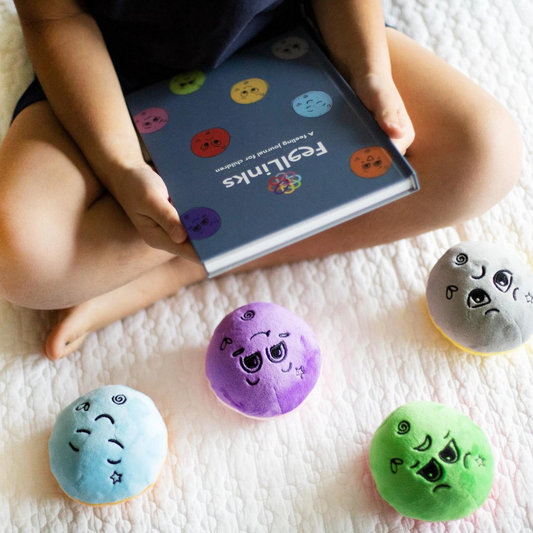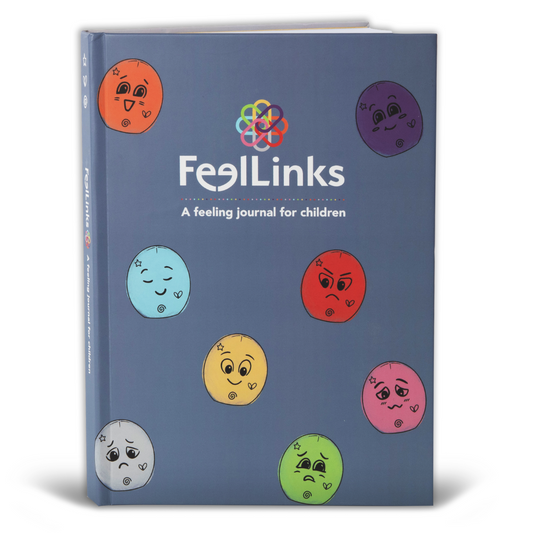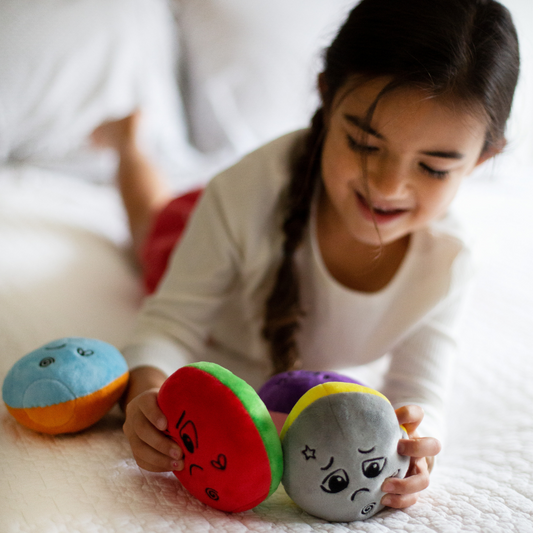Boosting our Kids’ Happiness, Interpersonal Skills and More: The Importance of Play
Share

After you read the title of this article, please do not think that I am pushing happiness as a feeling we all must have every day of our lives. I am a firm believer, as you well know by now, that we must feel all of our feelings and they are all vital to our well-being. However, overall, it would be wonderful to lead a life that is filled with happiness.
As an educator and mother, I know very well how important play is in the lives of our children. Play brings our children alive! Play helps children make sense of the world around them while building their confidence and resilience – skills they will need when facing future life challenges.
Play allows for creativity, develops imagination, grows physical and cognitive strength, and social and emotional skills. Play also allows for parents and caretakers to fully engage with children. Children-driven play is not imposed by a whole host of adult rules, but rather a time for adults to observe and engage with their child by seeing and hearing the world through their eyes. Children often use unstructured play with a trusted adult as a time to express their feelings. Imagine your child playing with their FeelLinks plush dolls while simultaneously communicating how they are feeling. Play offers caretakers a beautiful opportunity to connect and fully engage with their children. The benefits are plentiful! So why is play not always the central focus for our children?
Despite the enormous benefits of play, there continues to be pressures of hurried lifestyles, academic grades, technology and media. Each of these have contributed to taking away the opportunities of play for our children. Please read this article from the World Happiness Report (see figures 5.2 and 5.4 below from the article, might spark your curiosity to click the link and read more). It might shock you to see the spike in digital media amongst our youth and the plummet in happiness since 2010. Think about the toys your child had as an infant. Were they electronic toys with flashy buttons to push or traditional toys with open-ended ways to play with them? Next, think about the conversation exchanges that occur during an electronic toy versus traditional ones. It is crucial for a child to interact and play with a parent/caretaker using and hearing language – all while growing and developing social skills and interpersonal interactions.
According to the National PTA, our schools have cut back on play time with less time given to recess, physical education and the arts – all to push harder with reading and math (this all started with the No Child Left Behind Act). Reducing play time, especially the unstructured play time, has also shown a significant rise in sedentary school learning. Navigating school with less opportunities for movement, has shown affects amongst all children, but especially amongst our boys.
Let’s all remember that play is vital to optimal development for all children. Can you commit to making more time for unstructured playtime for the children in your life?







